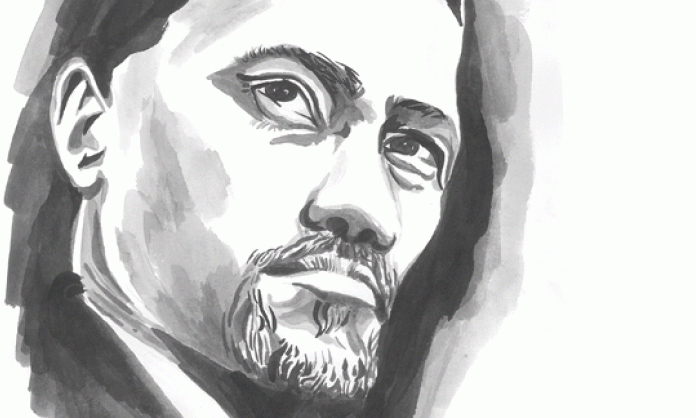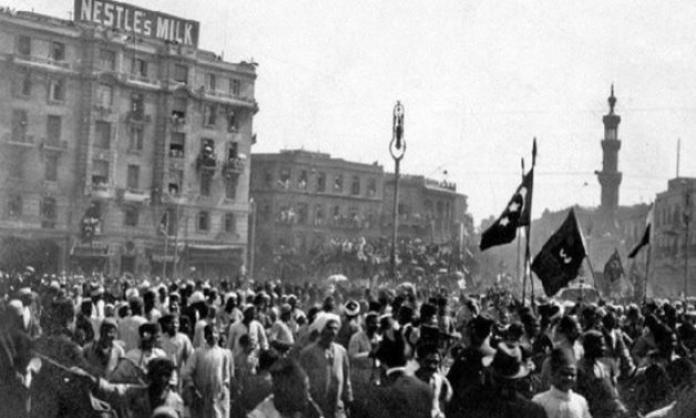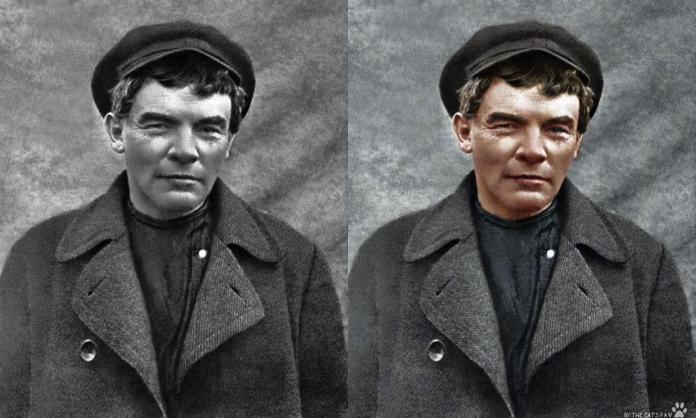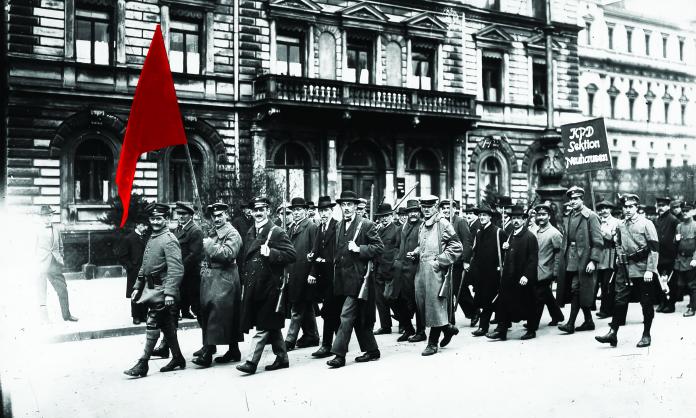The civil rights movement in the United States remains a shining example of what oppressed people can achieve through struggle. Of its leaders, few compare with Malcolm X, an uncompromising fighter for Black rights.
Born into an activist family, Malcolm was struck by tragedy at an early age. In 1931, his father was killed by a gang of racists just outside of Detroit. The same fate had fallen on three of Malcolm’s seven uncles. Both of Malcolm’s parents were members of the Universal Negro Improvement Association and instilled in their kids a determination to fight and organise.
Malcolm bounced around for years afterwards, eventually landing in prison in 1946 for burglary. In prison he turned to politics. He became a voracious reader and befriended a member of the Nation of Islam. Malcolm soon joined the organisation and became a regular correspondent with its founder, Elijah Muhammad. He also took to political activism within prison, threatening authorities with a public campaign unless Muslim prisoners were allowed halal food and prayer mats. He also wrote to president Truman, declaring himself a communist and against the Korean War.
After leaving prison, Malcolm became a rising star within the Nation of Islam, travelling across the east coast of the United States giving speeches and recruiting members.
He was well known for his oratory skills and quick wit, as well his open defiance of the authorities. During a tour in Philadelphia in 1955, Malcolm said to a crowd: “The FBI follow me everywhere across the country and they cannot do anything … The devils have lost their power and the only thing they can do is try to frighten the Black men who are still dead.”
By not relying on charity or help from the government, Malcolm appealed to many young Black people who were disillusioned at the way the US government was treating them. However, the Nation of Islam hierarchy was wary of its young protégé. The organisation had grown to several thousand members, and Elijah Muhammad and others were scared that Malcolm could jeopardise that growth.
In the late 1950s, Malcolm’s stature grew even further. In 1958, he led a march of several hundred into a police station in New York to protest against the beating and detaining of four young Black men. The police were thrown into a further shock when Malcolm organised a picket of the station.
In 1963, Malcolm was suspended for 90 days after he made provocative statements following the death of John F. Kennedy. Malcolm interpreted the suspension as an expulsion. He travelled across the world, and soon founded the Organisation of Afro-American Unity. He drew links between the civil rights fight in the US and the anti-colonisation struggles across Africa.
This month is the 50th anniversary of Malcolm’s assassination in Manhattan. His death produced an outpouring of grief – almost 30,000 people attended the public memorial.
Despite being shot down in his prime, Malcolm X left an enduring legacy. His name is still a powerful marker of the struggles of African Americans, which continue to this day. As a new generation of activists is growing out of the struggles against police violence, we can learn from the life of Malcolm X: “Nobody can give you freedom. Nobody can give you equality or justice or anything. If you want it, you have to take it.”










